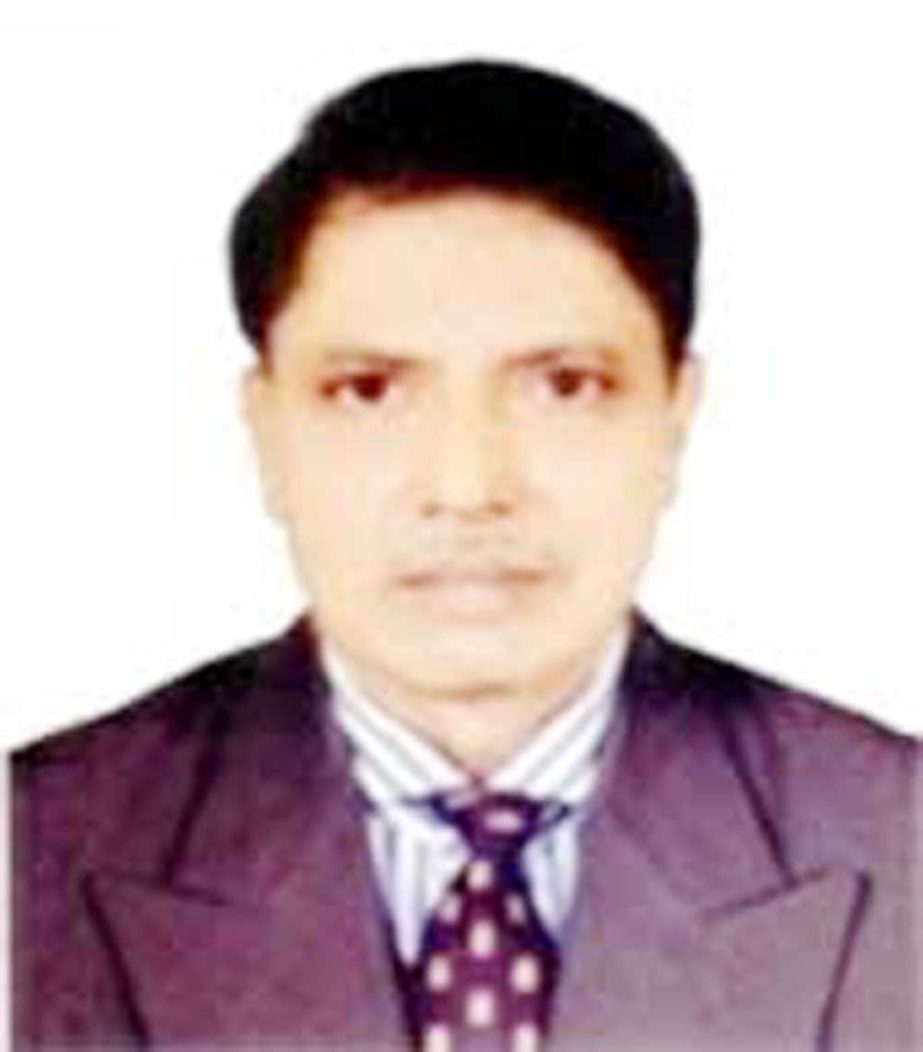
Dr. Forqan Uddin Ahmed :
The current state of higher education in Bangladesh is at crossroads, often deemed to be falling short of expected standard of research outcomes and new knowledge creation. The existing universities have performed poorly in the Ranking Web of Universities, Bangladesh of July 2021 and the World University Rankings 2022 of Times Higher Education. The ongoing proliferation of public and private universities with less focus on their quality of education has but added to widespread national and international concerns.
The main challenge is to improve quality of education. According to the latest Human Development Report 2019, primary school teachers trained to teach was 50 per cent whereas our neighboring country Nepal and Pakistan reached 97 and 82 per cent. There is a dearth of suitable and trained teachers. In all areas of education beginning with the primary level, more competent, compassionate and trained teachers are needed. Much of our future depends on how our education system is managed. It is now the demand of the time to ensure selection of competent teachers in all areas of education, provide them with training, and ensure selection of appropriate and timely academic subjects. The discrimination between rural and urban education is still visible. The capacity of primary school teachers needs to be enhanced by providing practical and modern training at home and abroad to meet the standard of modern education.
There are few international university ranking bodies, notably the Times Higher Education World University Rankings and the Shanghai Academic Ranking of World Universities, which rank universities worldwide including Bangladesh universities. This periodic university ranking system is widely regarded as standard-setting for higher education, a dominant factor in augmenting the prestige, reputation, and prospects of universities, and their staff and students. In accepting the assessment of these ranking bodies, one must bear foremost in mind that these bodies are mostly from rich western countries, whose higher educational resources, both materials and money, societal needs and values, and most importantly the measuring metrics are markedly different, if not contrasting, from that of developing and least developed countries.
Collaborative research with relevant stakeholders on cross-border issues may not be gainsaid. In this venture, the establishment of a neutral national university ranking system inclusively recognizing indigenous indicators and process for measuring research excellence would be a domestic research capacity-building experience, going from strength to strength every year. And it may well be this experience that will serve as a stepping-stone towards improving research performativity and competitiveness in knowledge creation and dissemination, thus leading Bangladesh universities to climb the ladder of international ranking.
Bangladesh has the opportunity and potential for becoming a significant knowledge-based economy by 2030 if we make the right decisions and investments going forward.
Unfortunately, at the moment we are in a poor position, as was demonstrated by the publication of Global Knowledge Index by UNDP, in which Bangladesh ranked 112th out of 138 countries – we were the lowest ranked in South Asia, with India ranking highest in our region. We need to make a conscious decision to enhance our rank every year over the next 10 years and make the requisite investments to achieve that as a matter of high national priority.
The major decision we need to collectively take as a country is to acknowledge that we are not headed in the right direction, and hence, we need a major paradigm shift to change our direction of travel. This needs to be a collective decision not only by our political leaders but by every parent and young person who wants to be better educated, in a manner befitting the new paradigm rather than business-as-usual.
We need to start with the tertiary education system, where Bangladesh now has over a hundred universities, counting both public as well as private universities. While this is indeed a significant achievement in terms of quantity, most are very poor in terms of quality. Indeed, in global rankings of the world’s top most universities, even Bangladesh’s foremost University of Dhaka has been dropping down the ranking over the last few years. Hence, we need to focus on changing the universities from being simple certificate-issuing factories to actual places of learning with an emphasis on teaching skills, and the ability to think and solve problems, rather than simply pass exams through rote memorization of information and regurgitation. This will need a major shift in giving incentives to our teachers, who have the ability to change if the reward system for them was changed. The second major change in investment opportunities should be in making funding from the banking sector available for young entrepreneurs, with a focus on green business opportunities. Finally, we will have to change the pattern of our education, including more effective vocational training as well as better quality secondary education, and indeed even primary education, for our children.
The way our educational institutes including universities are moving forward, the bright future of the nation will be plunged into darkness. There are no auspicious signs of recovery from this situation. In this situation, where is the Ministry of Education, including UGC? Appropriate steps must be taken to internationalize the quality of higher education in the face of all obstacles by putting an end to such unscrupulous practices of private universities. Otherwise, the nation will fall and will be lost. Universities knowingly and consciously for commercial purposes continue to contaminate the progressive trend of results and certificate forgery education. The results of private universities are dropping out of the world competition. Unemployment is on the rise in the society even due to the lack of unskilled, career oriented and creative education. And under this pressure of unemployment, poverty is becoming more and more evident in the country. The concerned quarters of the government must pay special attention to the issues and take appropriate measures for its remedy.
(The writer is former Deputy Director General, Bangladesh Ansar and VDP).

